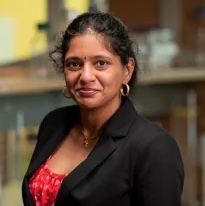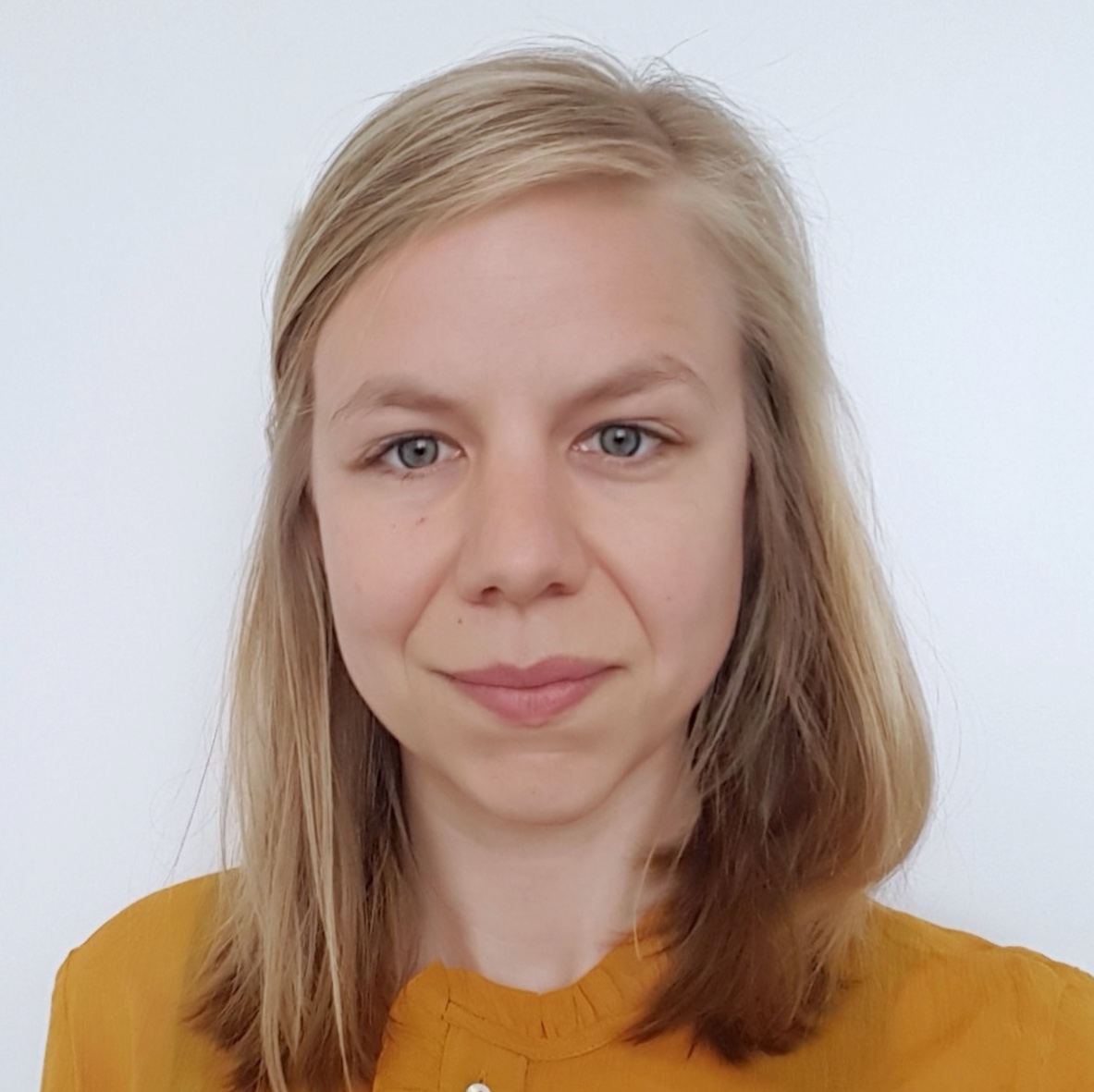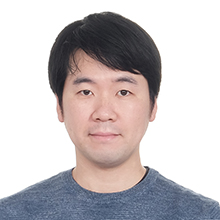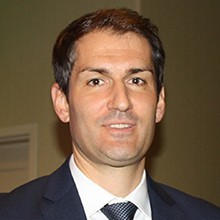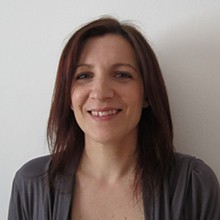Fellowship
The CERN Foundation fellowship is a prestigious award that provides support for two years of funding to promising early career scientists whose focus is on ependymoma research. CERN continues to partner with the Robert Connor Dawes Foundation to provide support for a pediatric fellowship with the goal of advancing pediatric ependymoma scientific research.
Read about ependymoma research efforts.

